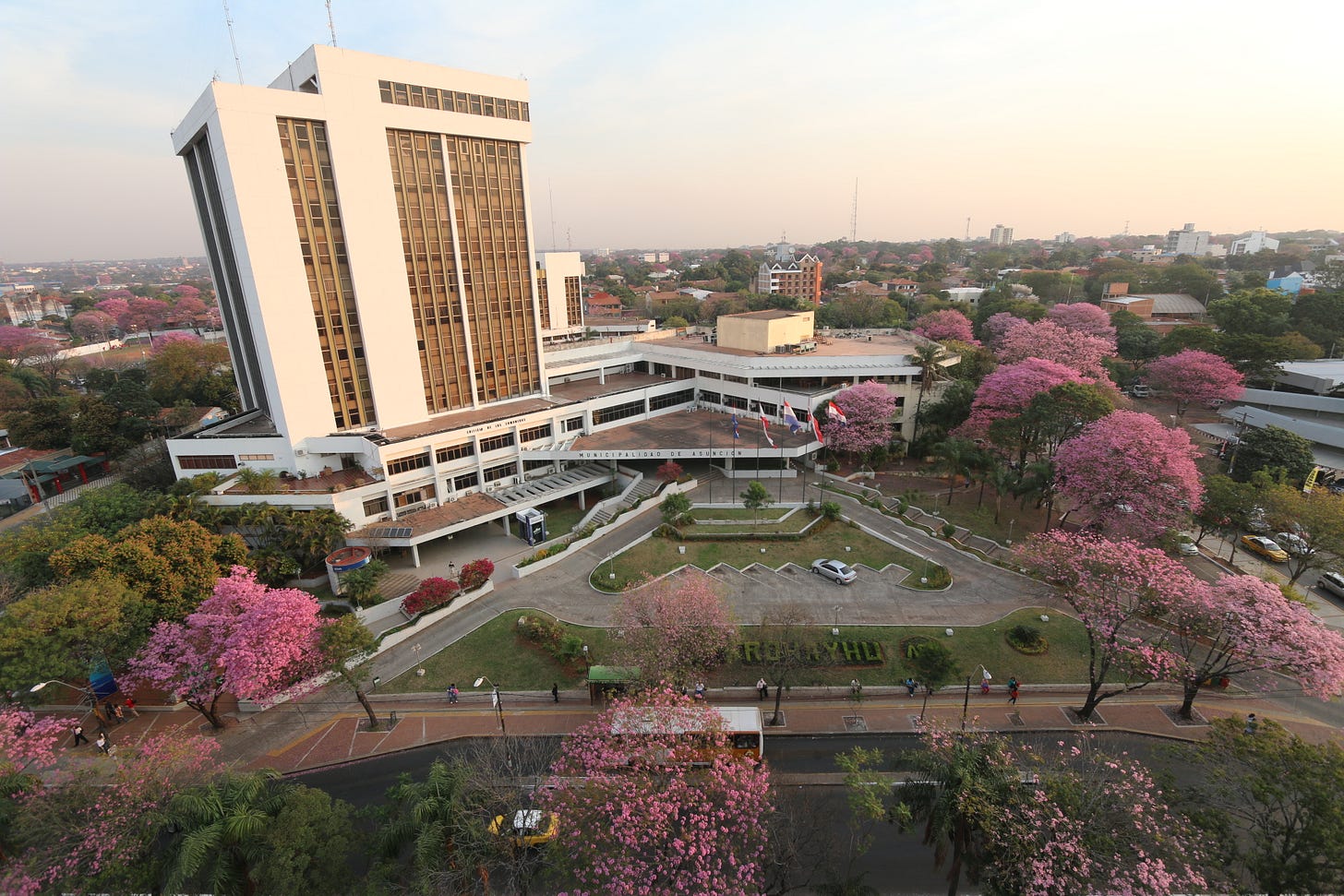Something Stinks at Asunción City Hall
Corruption is hollowing out Paraguay’s capital. Can anyone fix it?
Though still at university, Carlos was a well-known figure in his neighbourhood. So he was the natural person to turn to when – some 15 years ago – a Colorado Party candid…
Keep reading with a 7-day free trial
Subscribe to The Paraguay Post to keep reading this post and get 7 days of free access to the full post archives.




